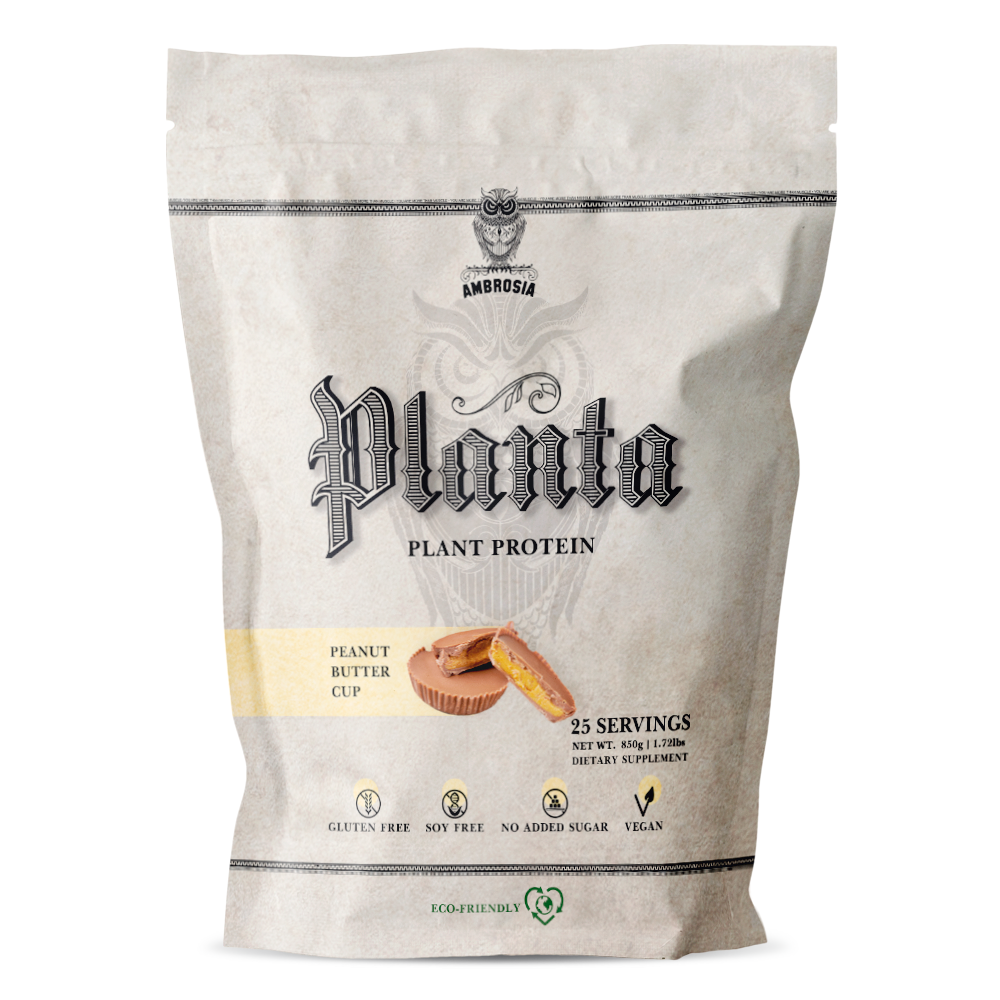Does Your Metabolism Slow with Aging?

Traditional thought tends to point to metabolism slowing down over time due to aging—or so we thought for years. The age old adage of putting on a few pounds every decade has existed for as long as most people can remember. However, new scientific research indicates this might not be the case.
People have generally accepted a commonly held belief that aging especially after 40 translates to weight gain and a slower metabolism. However, clinical research has found the real reason for metabolic decline differs from what we’ve been led to believe for years.
Let’s take a look at a recent scientific study performed by Science and review some potential reasons for metabolic decline and how you can minimize or eliminate these factors.

Results from the Study
A recent paper published by Science.org reviewed data from over 6,500 people in various age groups ranging from infants (8 days) to the elderly (95 years). While metabolism slowed over the course of childhood—results from the study indicated that it stayed consistent from ages 20 to 60 (1).
Metabolic results were measured by using the doubly labeled water method. Findings indicated that total daily caloric expenditure increased with fat-free mass in a power-law manner within four distinct life stages.
- Fat free mass adjusted expenditure accelerates rapidly in neonates to 50% above adult values at ~1 year
- Declines to adult levels at around ~age 20
- Remains stable from ages 20 to 60
- Declines after the age of 60
These changes over the course of a lifetime indicate that metabolic processes hold mostly consistent throughout much of our lives. After the age of 60 people tend to experience a decrease of approximately 1% per year onwards for the remainder of their adult lives.
Research from the study also found that differences between male and female metabolism were minimal—even when taking menopause into account.

How Can You Control Metabolism?
If you’ve experienced weight gain in your 30’s, 40’s, 50’s and beyond you might be wondering why. Although metabolism may be consistent, other lifestyle factors can greatly impact your health.
Baseline metabolic rates hold steady from ages 20 to 60, but several other life events can impact weight and overall health including:
- Living a more sedentary lifestyle (e.g. sitting at a desk all day)
- Sleeping less hours
- Not exercising consistently or maintaining an active lifestyle
- Eating a poor diet
If you want to boost aspects of your metabolism you should remain focused on leading a healthy, active lifestyle. Doing so can empower you to better control and boost your metabolism. Here’s some key steps you can take to positively impact your metabolism levels:
- Stay active throughout the day: if you’re sitting at a desk try to get up and go for a walk every couple of hours. Even if you can’t make it to the gym, try to get your step goals in.
- Perform daily exercise: whether it be strength training, cardio sessions, or simply walking after meals—all can help to speed up your metabolism and minimize potential weight gain.
- Drink plenty of water: drinking 0.5 liters of water can help speed up metabolism by up to 24% for an hour following consumption.
- Consume optimal amounts of protein: consuming protein helps you avoid muscle loss and can even help with satiation and feelings of fullness.
- Get adequate sleep: sleep is critical for recovery and overall health. Lack of sleep can lead to cardiovascular problems and a slower metabolism.
The key takeaway is that metabolism is largely in your own hands. If you live an active and healthy lifestyle you can typically speed up metabolism and minimize potential occurrences of weight gain.

Can You Avoid Aging?
While aging can never be avoided entirely—it now has become possible to slow down and minimize aging on a cellular level. NAD3 was formulated as an anti-aging product designed to change how we age.
NAD3 works by boosting NAD+ levels, activating sirtuins, and inhibiting causes of inflammation at the cellular level. Restoration and healthy aging starts from within and healthy cellular function is determined through mitochondrial activity. NAD3 operates by creating more clean energy helping to produce more NAD+—the essential metabolite for energy. NAD+ minimizes aging by doing the following (2):
- Naturally boosting NAD+ levels as a means of boosting natural energy
- Better flexibility and blocking inflammation within cells
- Activating sirtuin activities as a means of promoting longevity and healthy metabolic levels. This has been shown to help individuals live longer, healthier lives
NAD3 helps minimize aging through NAD+ boosting, sirtuin boosting and NLRP3 activation (3). As an essential cofactor in all living cells—NAD+ levels can be boosted to counter aging-associated pathologies (4).
If you want to boost NAD+ levels naturally be sure to check out NAD3. As a tool that helps activate sirtuins, protects telomeres, boosts NAD+ levels and minimizes cellular inflammation—NAD3 is the key tool designed to improve health and lifespan.
Also, be sure to check out NMN and Golden to complete your anti-aging supplement stack. At HPN we create products designed to improve your physical and mental capabilities. If you have any additional questions or comments, please feel free to reach out for more information.
References:


































